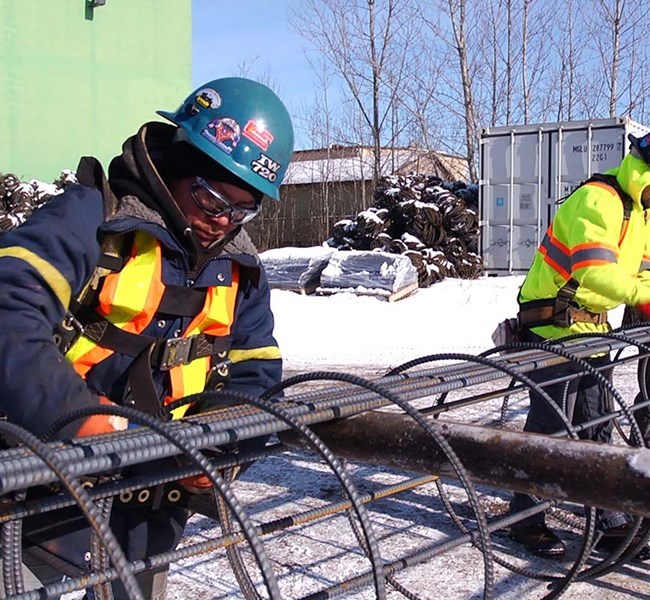There is no denying that Indigenous people in our country are one of the fastest-growing populations, and there is also no denying that Indigenous people have a higher unemployment rate than the national average.
A lot of employers have strategic goals to diversify their teams, and this includes hiring Indigenous people. With goals and mandates in place, the outcomes still aren’t there.
I’ve been researching Indigenous employment and the role the employer plays in this, and I am wondering what role cultural values and cultural communication styles play when it comes to supporting Indigenous employees.
There are drastic cultural differences between Indigenous and non-Indigenous communities, and within these cultural differences comes a different communication style, a different view of what being part of a team means and different personal values. I’ve been looking into how cultural and communication styles are different between Indigenous and non-Indigenous people, and I am wondering if this is where the answer lies.
There are many unanswered questions on how Indigenous people process and react to challenges in the workplace based on cultural upbringing.
Looking at the issue this way would mean that if an employer treats two employees identically, the Indigenous employee’s perceptions could be different from their peer’s. Cultural differences can be tricky to identify and even more difficult to understand without being educated on them.
I read that the No. 1 reason Indigenous people leave workplaces is due to a lack of cultural awareness on the part of the employer, but if the employer doesn’t even know that’s occurring, how can they address it?
This is interesting to me because I think so often there is miscommunication on both sides and the gap gets filled with stereotypes instead of everyone taking a step back.
When I write these columns, I work hard to ensure that I am not adding more focus to unfortunate stereotypes of both Indigenous and non-Indigenous people. I don’t want to lay blame on either side, because I like to think of all of us in a community together. Segregating people won’t benefit anyone.
I think we need to turn to Indigenous elders and leaders to help employers, managers and colleagues understand how Indigenous culture can be better supported and understood in the workplace. Again, I don’t think it’s fair to penalize employers, because they might be completely unaware of these differences.
One thing I do know is that often Indigenous knowledge that has been passed down, generation after generation, isn’t given the same regard as someone who has spent years in academia gaining their knowledge. Both are credible and valuable to our societies, but it’s crucial not to behave as if one way to gather the knowledge is more relevant than the other. My goal in life is to help create mutually beneficial solutions, and that just can’t be done when people aren’t playing on a level field.
Indigenous communities operate as a whole, where everyone’s needs are looked after collectively, and individuals make decisions based on how their choices affect those around them. An Indigenous employee might not boldly ask for training or additional tools for their role, and if they do ask, it might be in a roundabout way.
This is a cultural communication style, trying to avoid looking selfish or coming across as thinking that they are better than others. Often in the workplace, employees are expected to speak up when they need something to help them do their jobs better. The Indigenous employee might think they are being respectful by not speaking up, while the employer sees the action as lacking skills.
Employers could be more proactive toward employees’ needs, rather than just reactionary.
I think we have to create safe spaces for Indigenous people to explain their cultural values and communication styles, and employers can take the guidance offered and work with Indigenous employees to support them better.
I think often employers lay blame on an Indigenous employee who didn’t work out, rather than identifying the barriers that stand in the way of Indigenous employees being valuable contributors to their workplaces.
This isn’t a conversation about the employees being unmotivated or about employers discriminating against people — it’s a conversation about finding mutually beneficial partnerships that don’t just benefit the parties involved. They benefit everyone in our community.
Charla Huber is the director of communications and Indigenous relations for M’akola Group of Societies.



